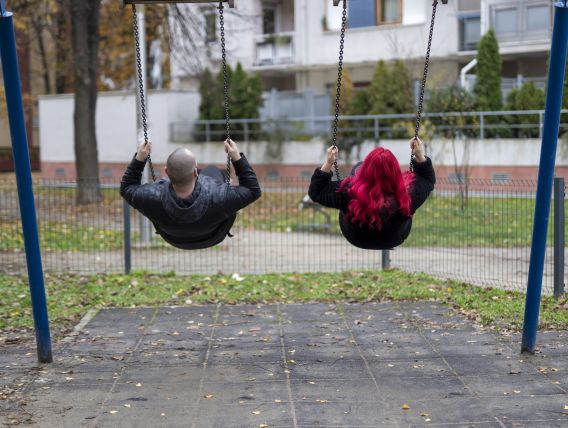Gender equality

It is a transversal issue in youth policy, meaning that it cuts across all other domains of youth policy, such as health, education, and employment. The Youth Partnership examines the participation of young women in the political domain, the challenges that prevent them from accessing opportunities equally and the disproportionate impact of the crises on young women’s autonomy.
 Activities
Activities
Resources
Contemporary forms of young women’s participation: priorities, challenges and ways forward?, Anna Lavizzari and Laden Yurttagüler (2023)
Related topics

